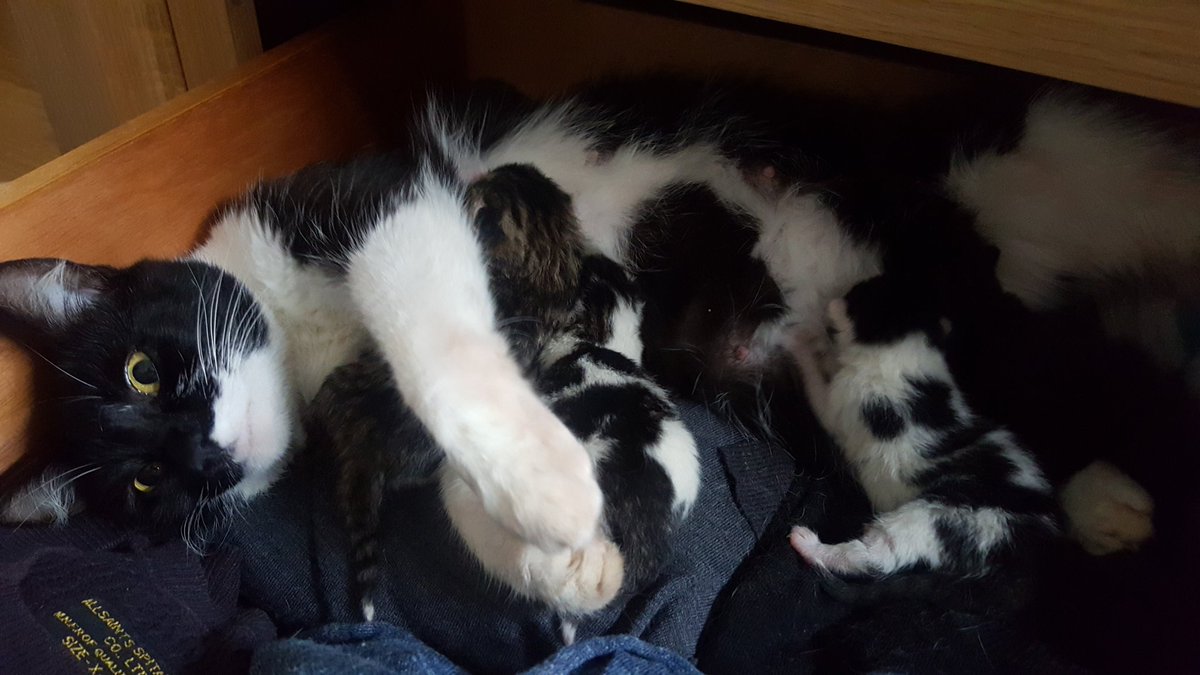Observation: The last few times we’ve tried to hang out, I haven’t been able to get on your calendar.
I come 15 minutes late 3 times in a row
That becomes “he’s always late”
That becomes “he’s just an irresponsible person.
That becomes “he’s mentally unstable”
That becomes “He doesn’t care about me”
That becomes “I don’t matter”
We don’t think of ourselves as a “worthwhile person.”
If we do, we will spend a good amount of time questioning whether we are “worthless people.”
Because, as Marshall Rosenberg used to say, “when you label people you’re putting them in a box — and I’m talking about a coffin”
You’re treating them as unchangeable — not in the next hour nor the next yr
Consider, e.g, a couch
Every molecule in a couch was made inside a star, which exploded, shooting its guts across the universe. These molecules have lived on as different forms before this couch , and will continue to do so after the couch is gone.
I do bad things because…legitimate, redeeming, reasons. [circumstance]
You do bad things because…you’re an idiot (personality)
Nation’s leader is bad
Nation is thus our enemy
Nation’s people are thus bad
It’s thus ok if we bomb them, because they’re enemy!
Think of how many labels and judgements we have for people we have never even met!
It’s so easy, so tempting, to size people up right away.
NVC adds that judgements often mask unmet needs — judgements are the “wrapping paper” and underneath them is an unmet need the “gift.”
This is not a comprehensive method to separate observations from judgements, but it’s a start.
A) focus more on differentiating observations from judgements (we barely notice the difference!)
B) realize that judgements (esp. reoccurring judgements) are often masking unmet needs, and take steps to meet unmet needs.
This works for self-policing but not recommended for policing others (I.e telling others not to judge is usually not effective :-)]





